Barcelona - 15th and 16th of November 2019
Background
Responsive Cities is a bi-annual international symposium on the future of cities organized by the Advanced Architecture Group of IAAC. The 2019 edition focuses on “Disrupting through Circular Design” within the framework of the Creative Food Cycles (CFC) project, co-funded by the Creative Europe Programme of the European Union and developed by the Institute for Advanced Architecture of Catalonia, the Leibniz University of Hannover and the University of Genoa.

About
It is clear that what comes next for our buildings and cities is a future full of challenges. With more than half of the world’s population currently living in cities, and 70% expected to by 2050, urban areas face huge pressure to meet their residents’ needs. Increased urbanisation is pushing for cities to respond through more accessible housing, energy, food and water, as well as more efficient transportation systems. This is resulting in an undeniable rise of resource consumption, and ultimately resulting in growing amounts of greenhouse gas emissions and waste. Moreover, with buildings being responsible for 40% of energy consumption, 36% of CO2 emissions, and the building industry being one of the heaviest waste generators globally, it is indispensable for architecture to respond, pushing for alternative design and construction models, moving away from the current prevailing models-both intensely resources-consuming and contaminating.
In parallel, and as a result of rising environmental awareness, a process of rethinking and replacing traditional non-adaptive and “linear systems” of “make, use and dispose” is ongoing, underlined by the Waste and Resources Action Programme (WRAP). Theories and models targeted at enhancing environmental performance, or taking inspiration from natural processes, have been developed and consolidated, such as “cradle to cradle”, “blue economy”, or “biomimicry”. Among these, “Circular design”, that is based on “non-linear” and circular systems aiming to close or limit material and resource loss, and has the potential to minimize waste, using this as a resource in itself, as highlighted by the Ellen MacArthur Foundation, finally creating new opportunities for design.
The circular design model is already being tested and implemented in the fields of construction and urban planning. For instance, the development of novel and engineered material libraries are often shifting towards more organic, natural, recycled or recyclable consistencies while technologies of material science or synthetic biology become crucial for their development. Manufacturing and construction processes, additionally, are revisited with the goal to reduce waste and costs, as well as optimize the use of local materials, taking advantage of technologies such as robotics and additive manufacturing or novel processes of human-machine collaboration. On top of this, the creation of new building typologies, uses for public space and urban infrastructure promotes the production, optimization and distributed management of resources, such as food, renewable energy, waste or water. Prevailing models, based on contaminating, consuming and static buildings and cities, give way to built spaces that reclaim, produce, manage, and reuse or transform, resources, as well as thinking in resonance with their users and the environment.
The notions of materialising, managing, and constructing are changing: the Responsive Cities symposium’s objective is to investigate how innovative and advanced technologies in the field of design (i.e. biotechnology, big data analysis, predictive modelling, engineered materials, digital manufacturing, etc.) can help to enhance and strengthen the implementation of circular processes in the urban environment.
-How can circular design disrupt linear patterns of extractive consumption, towards design scenarios where the urban environment becomes productive and healing in itself?
-Which digital technologies have the power to enhance the performance of and with our urban built environment?
-How can architectural design secure circularity in cities and contribute to the UN SDG goals of sustainable consumption and production patterns?
The main focus of the Symposium is placed on key concepts such as designing for flexible uses and systems integration; performing through circular feedback systems; adapting with nature-based solutions; building for resource recovery, or learning through advancements related to technological innovation. As protagonists in the creation of urban, built and public space, we can guide decisions towards more circular choices, and build local partnerships with businesses, across disciplines, moving towards a responsive circular city.
The Responsive Cities Symposium_Disrupting through Circular Design is organized around the following topics:
- DESIGN – multi-programming | hybrid simulations | predictive modelling | non-linear systems
- BUILD – circular construction | on-site manufacturing | resource recovery
- ADAPT – nature-based solutions | advanced and bio materials | synthetic ecologies
- PERFORM – self-organization | circular feedback systems | autonomous behavior
- SHARE – participatory design | blockchain | sharing economies
- LEARN – new educational models | applied research | making | raise awareness
Keynote Speakers
Call (closed)
Deadlines
- Opening of Call: May, 15th 2019
- Submission: August, 26th 2019 (extended deadline)
- Selection of participants: September, 12th 2019 (extended deadline)
- Deadline for full paper: October, 18th 2019 (extended deadline)
- Symposium dates: November, 15th – 16th 2019
For details on How to apply / Selection / Fees* please download the call detailed description
*Fees only apply to the call for papers and projects. Symposium attendance is free of charge
Proceedings
Venue
CaixaForum
The Social and Cultural Centre of “la Caixa” Banking Foundation in Barcelona
Av. Francesc Ferrer i Guàrdia, 6-8, 08038 Barcelona, Spain
Past editions videos
Organisation
Organised by

Advanced Architecture Group
General chair: Areti Markopoulou
Program chairs: Chiara Farinea and Mathilde Marengo
Symposium coordination: Sotiria Sarri
Scientific Committee
IAAC: Areti Markopoulou, Chiara Farinea, Mathilde Marengo
LUH: Jörg Schröder, Emanuele Sommariva
UNIGE: Manuel Gausa, Silvia Pericu
Contact us
Fields marked with * are required
Partners
Our partners
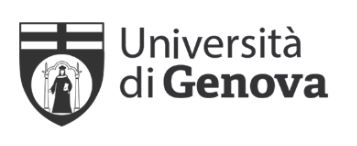
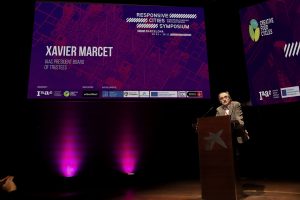
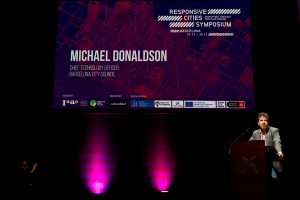
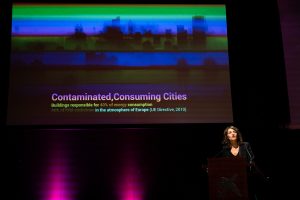
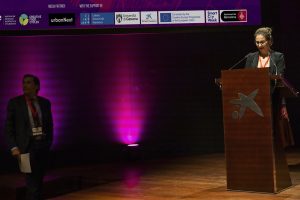
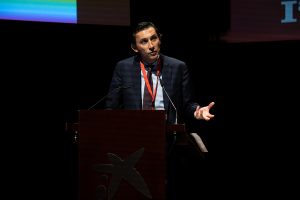

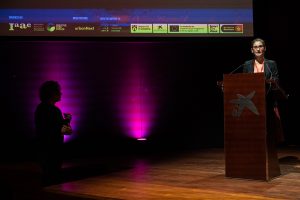
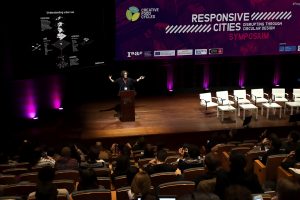
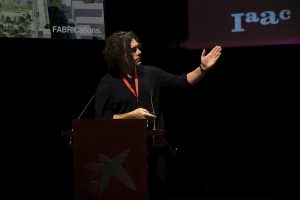
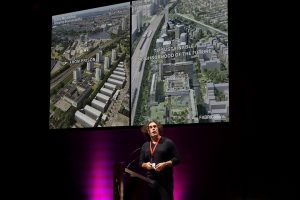
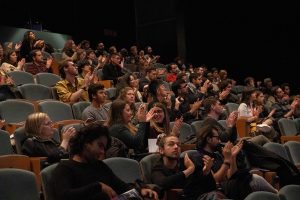
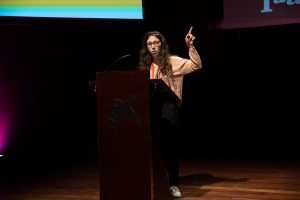
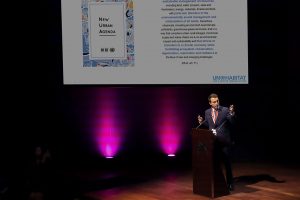
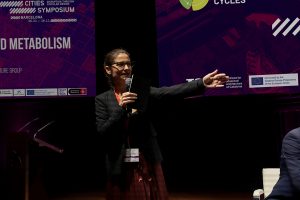
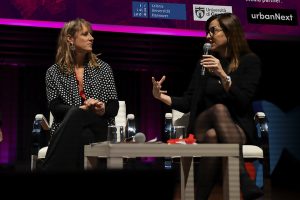
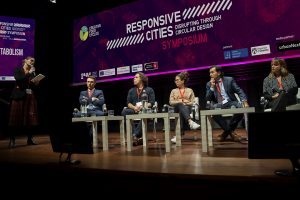
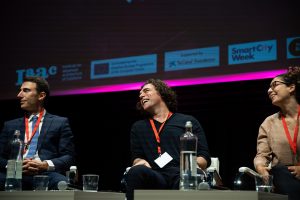
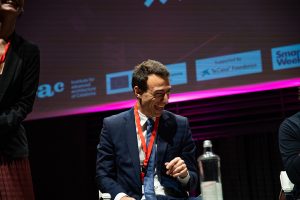
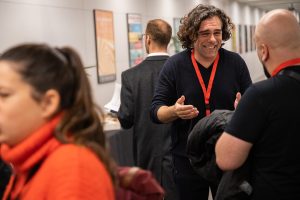

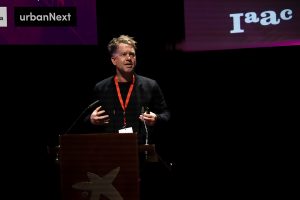
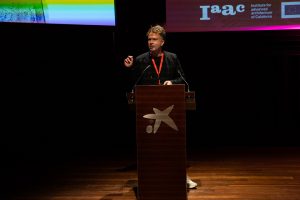
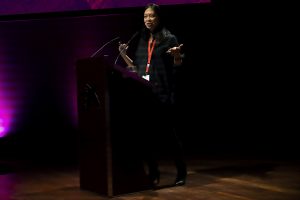
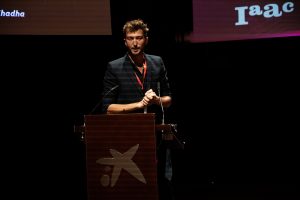
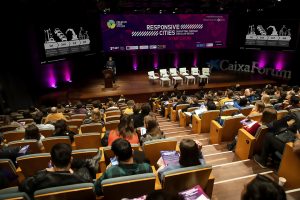
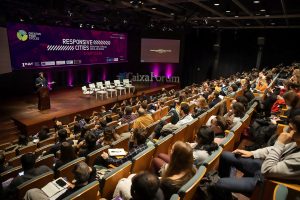
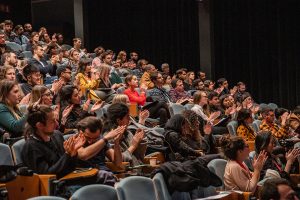
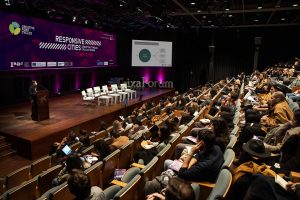

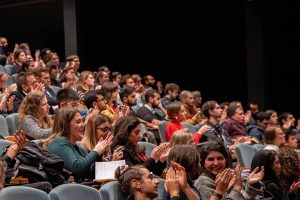
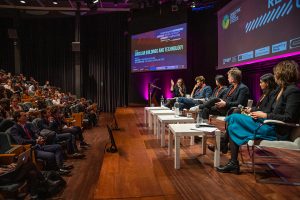
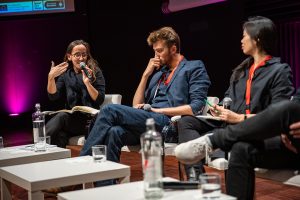
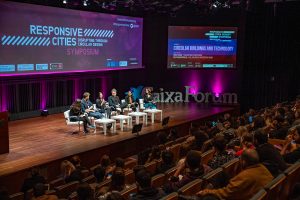
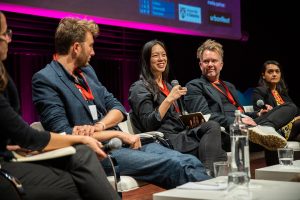
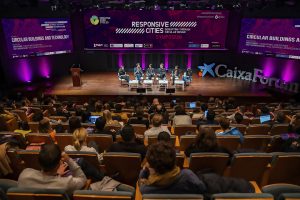
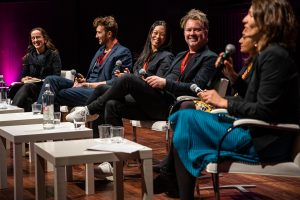
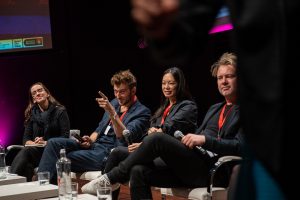
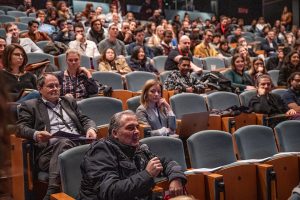

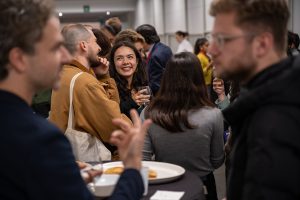
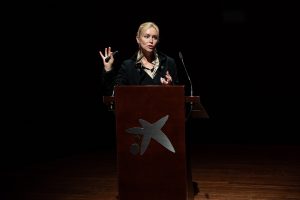
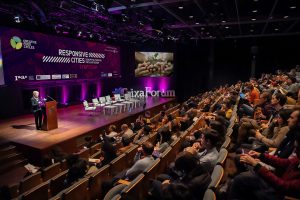
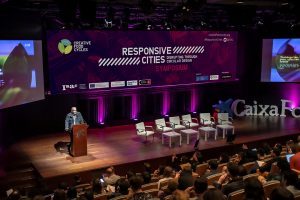
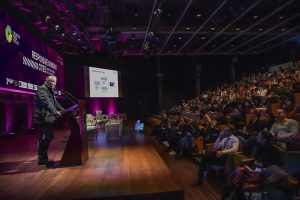
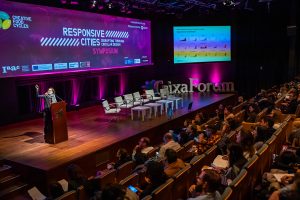
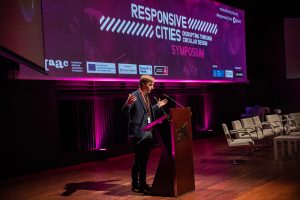
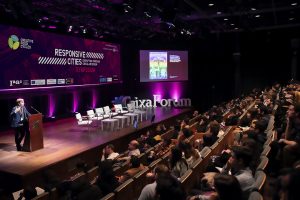
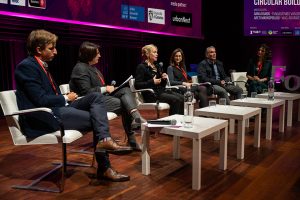
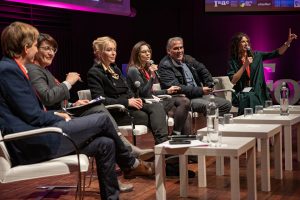

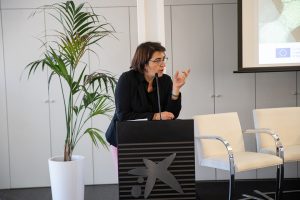
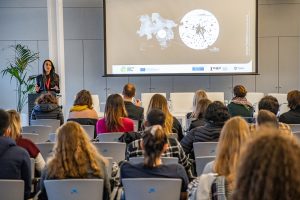
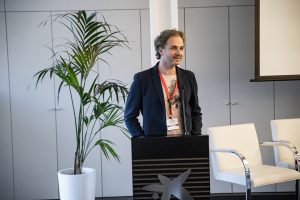
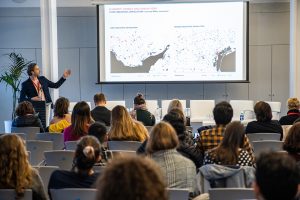
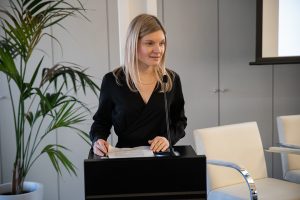
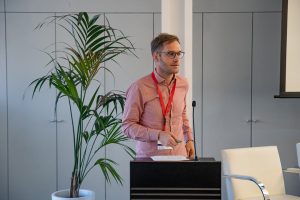
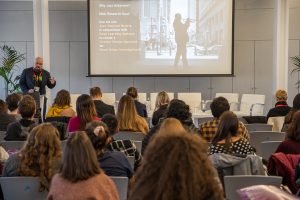
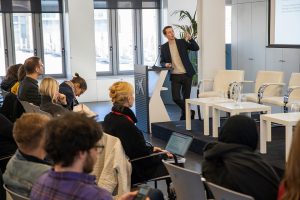
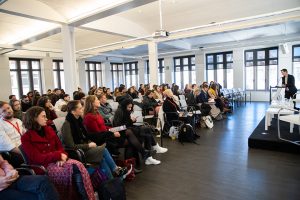
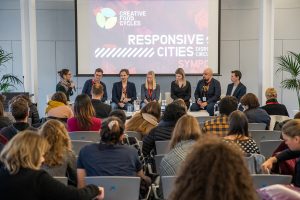
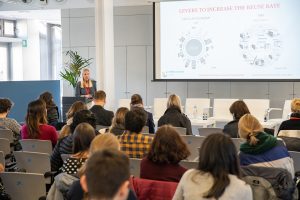
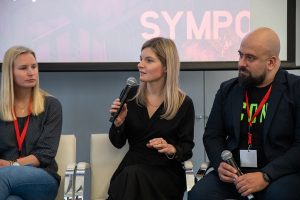
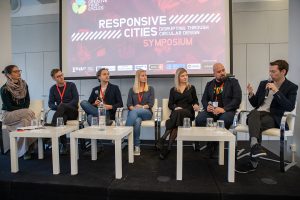
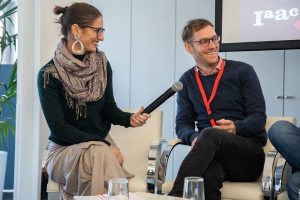
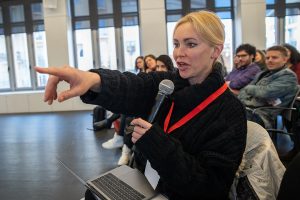
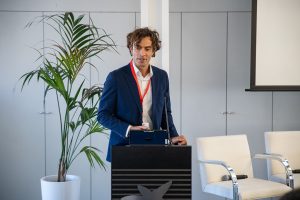
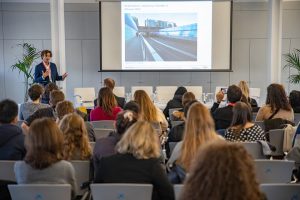
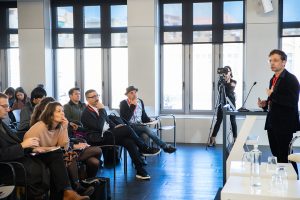
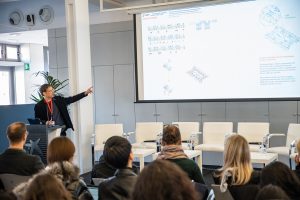
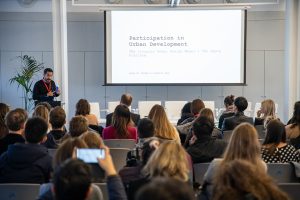
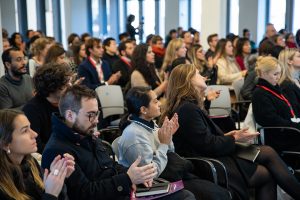
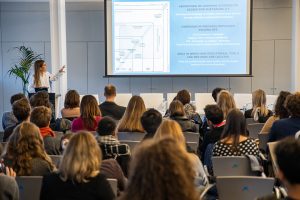
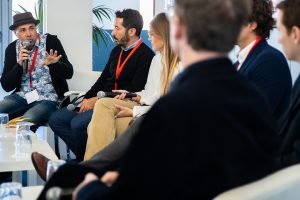
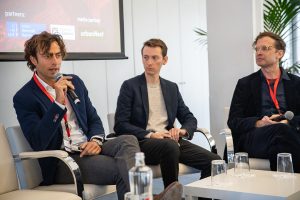
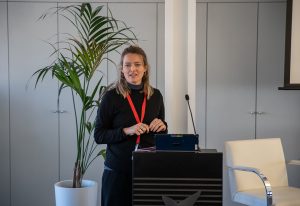


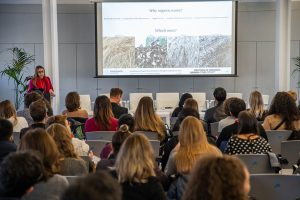
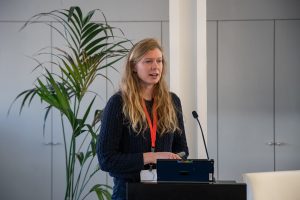
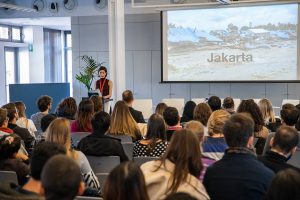
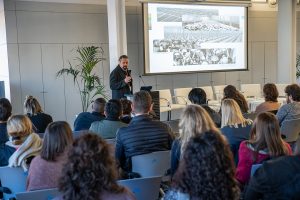
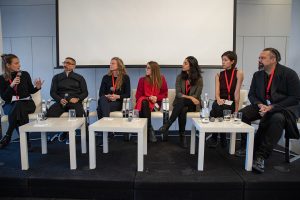
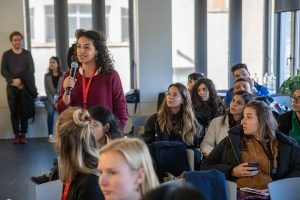

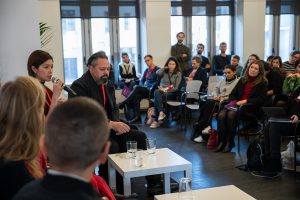
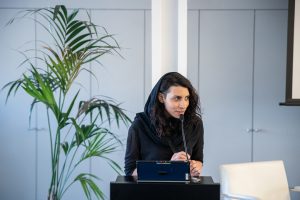
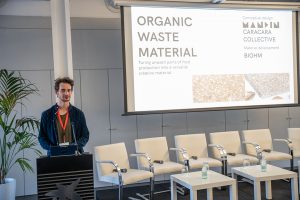
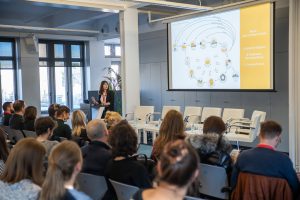
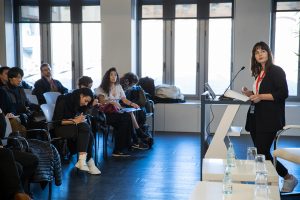
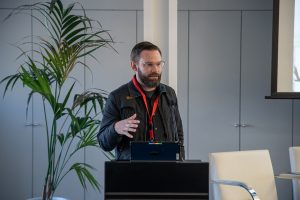
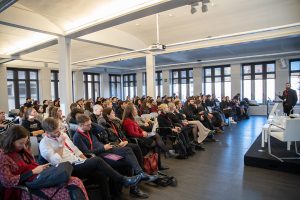

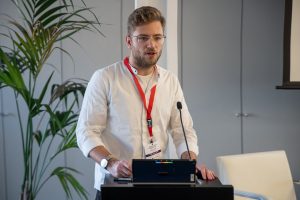
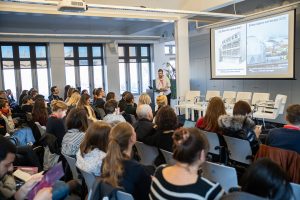
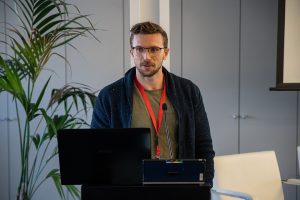
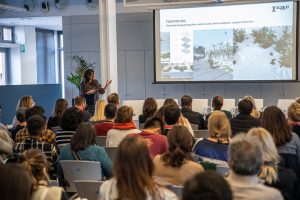
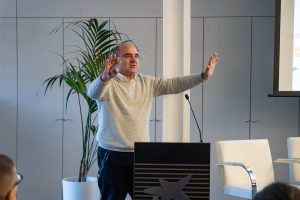

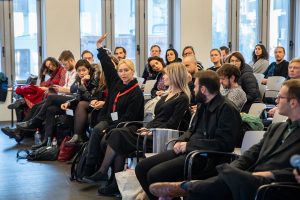
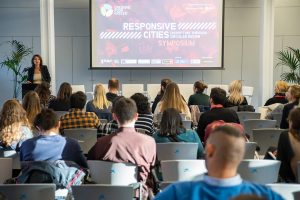
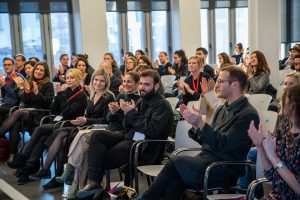
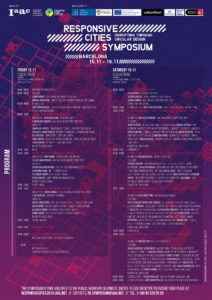
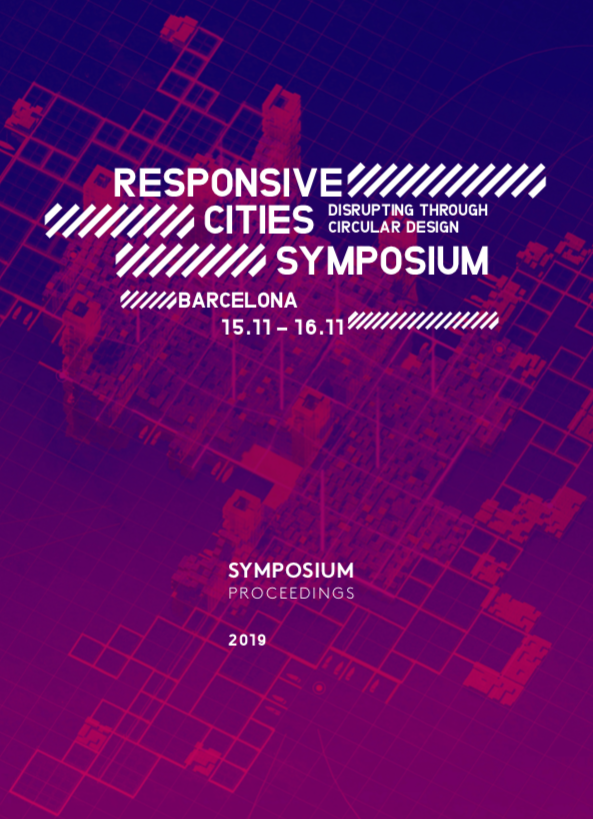

 Subscribe to IAAC channel
Subscribe to IAAC channel